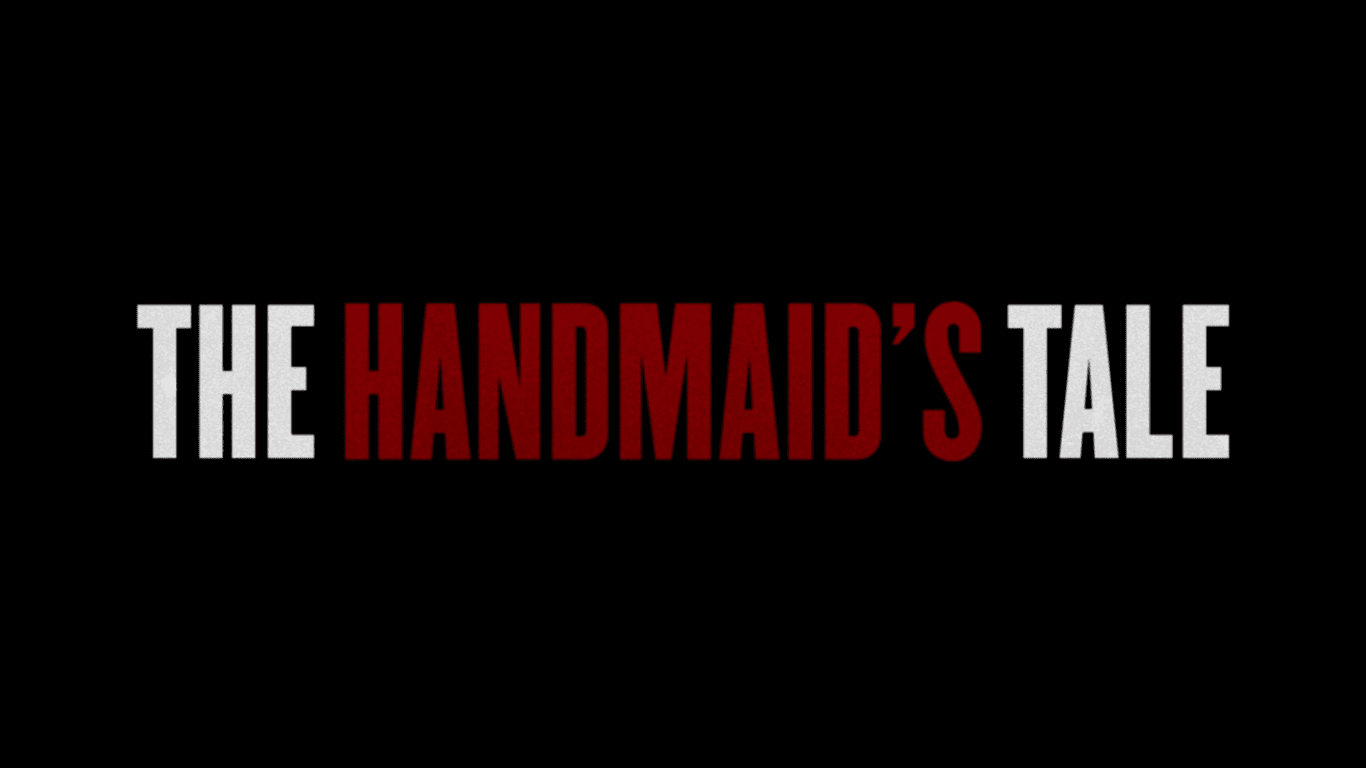
Your Weekend Binge: The Handmaid’s Tale
The Handmaid’s Tale (2017) is based off the novel by Margaret Atwood and stars Elisabeth Moss as Offred/June Osborne. The show is dark and often distressing, but here are a few reasons why it’s an important watch as it is entertaining.
1. Dystopian societies are not so far fetched.
This isn’t necessarily a good reason. I have to warn you, some of these bullet points will make you go, “is this really supposed to convince me to watch this show?” The answer is: yes. And the reason why these not so good and not so happy bullet points will convince you is because it’s important to realize this could very well happen anywhere. One of the reasons Margaret Atwood wrote this novel is because she thought people believed a theocratic government would never exist where they lived–maybe not where you live, but they very well have, in different parts of the world. The show is meant to make you see this in a very realistic way, and I think it’s meant to scare you. It’s meant to make you think “I won’t let this happen to us. We can’t let this happen.”
2. Women.
Women. They are a huge theme throughout the show and every one plays an important role. The women in this show are oppressed. LGBTQ+ characters have their own struggles in Gilead and their stories are important. The women are given ranks: Wife, Handmaid, Aunt, Martha and Econowife. Women are not allowed to read or write, or go to school. Everything that has to do with running a country is done by the men. There is something so satisfying seeing the women in this show slowly take back their rights–it may be my favorite aspect of the show. Handmaids and Marthas form alliances–sometimes Wives are there to help too. Be warned, there are very heavy and dark topics that surround what Handmaids are for, but seeing small triumphs throughout the series makes their fight even more meaningful. At times, this show feels empowering to see them band and work together.
3. Each episode falls into the next one.
What I appreciate a lot about The Handmaid’s Tale is that it’s not a show meant for shock value. The story flows seamlessly from episode to episode, from season to season. One action leads to another. Sometimes episodes are left with a cliffhanger, but never has it left me feeling something was unnecessary or changed last minute just for the sake of shocking someone. Truly, this entire series feels shocking in the most general of ways because of how crazy and scary a theocracy can be. The story is simply told from June’s perspective–it is June’s story though, as much as it is Serena Joy’s and Janine’s and Emily’s.
4. The music takes us back to Pre-Gilead times–the USA.
The song choices in this show for each episode are impeccable. Gilead is a country that has abolished any and every form of entertainment: music, movies, and especially books. Newspapers? Gone. But what the show does so flawlessly is blend together what was the United States of America to what is now Gilead. The show features pop songs from every decade in almost every episode, and it’s usually at the end after a big revelation. I think the use of songs from Tom Petty, Kate Bush and even The Monkees is meant to show us that from June’s point of view, she still holds onto the music Gilead has taken away. Even though the songs aren’t played aloud in the show, and only what I think is in her mind, it shows she has a whole lot of fight in her and if there’s anything Gilead can’t take from her, it’s her ability to think and remember, to keep alive what was the country she used to live in.
All three seasons of The Handmaid’s Tale are streaming on Hulu. A fourth season is due in 2021.


